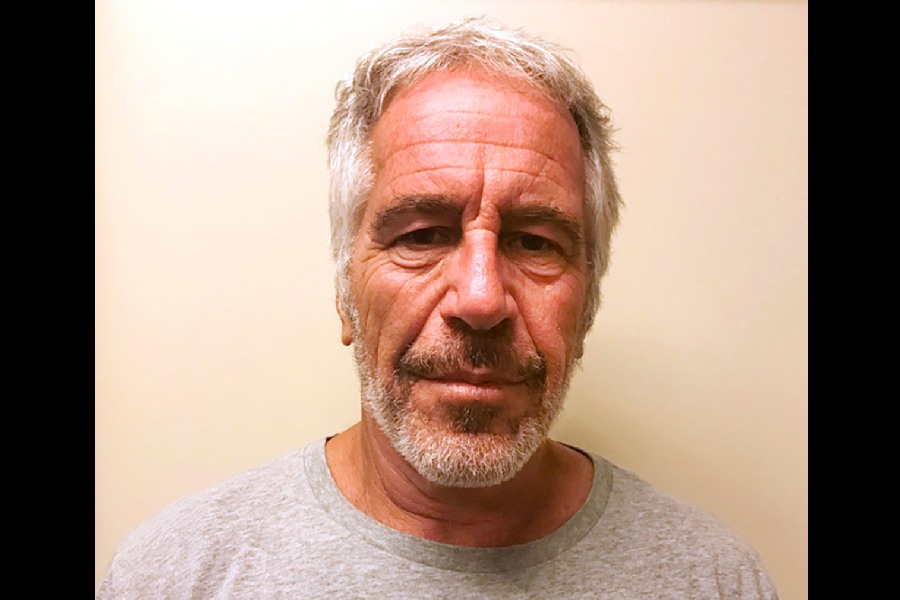
Bhubaneswar: Sanghamitra Mohapatra is Odisha's Anand Kumar.
Mathematician Kumar's Super 30 programme in Bihar has changed the lives of hundreds of underprivileged youngsters since its launch in 2002.
Apart from sending hundreds of students to the IITs, Kumar is also getting a biopic where Hritik Roshan will essay him.
Kumar's achievements have inspired educator Mohapatra to replicate his success several hundred kilometres away from Bihar.
Last July, Mohapatra started a training programme to help underprivileged children crack the National Eligibility cum Entrance Test (NEET), the national-level single entrance exam for medical courses.
Her Centre for Educational and Social Development-Pathshala trained 39 candidates from economically-backward families of the state, all of whom cleared the exam.
Mohapatra runs an 11-month course where students take training through a residential programme at her Khandagiri centre.
The idea came to her when she was working as chief project manager of Odisha's version of the "Super 30" programme funded by the Odisha Mining Corporation where bright yet underprivileged students were given free tutorials to crack the IIT entrance.
"During my tenure there, I interacted with a number of underprivileged students. They wanted to become doctors, but they did not have the resources to train themselves. So, I felt that there should be a similar model to train such students to crack the medical entrance test," said Mohapatra, who has been teaching for more than 30 years.
"This year, we have set a target to train at least 50 students. Our aim is not only to be a centre of academic excellence to help students qualify for NEET. We want to be temple of learning to ensure that develops students' moral responsibility towards the larger goals and transforming them into responsible citizens," she said.
A number of state-run PSUs, especially the ones in the power sector, have come forward to help her.
"The students receive training from professionals for around four hours and, thereafter, are guided during self-study sessions that last for about 12 hours daily," said Abhisek Agarwal, a team member.
The students were selected after an entrance test. This year's training will begin from July. "There is no doubt that the health system in the state is very poor. In such a situation, it is important that we recognise talents and build more medicos who can work for the state in the long run," Mohapatra added.










